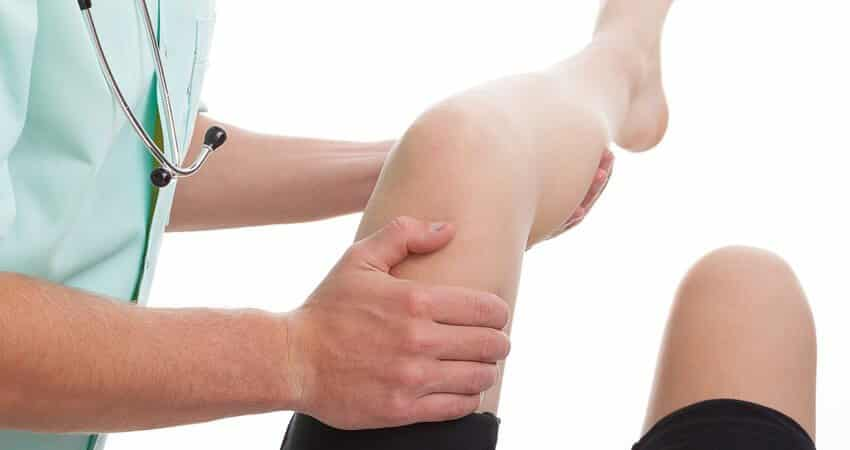Cartilage Injury
Home / Cartilage Injury

Cartilage Injury: Causes, Symptoms, and Treatment
Cartilage plays a crucial role in joint function, acting as a cushion between bones to facilitate smooth movement. However, cartilage injuries are common, especially in active individuals, athletes, and older adults. Damage to cartilage can lead to pain, stiffness, swelling, and restricted mobility, affecting daily activities and quality of life.
Dr. Shekhar Srivastav, a renowned orthopedic and arthroscopic surgeon in Delhi, specializes in the diagnosis and treatment of cartilage injuries, offering advanced solutions to restore joint health and function.
Causes of Cartilage Injury
Cartilage injuries can occur due to various reasons, including:
- Trauma or Accidents – A direct impact on the joint from falls, collisions, or road accidents.
- Sports Injuries – High-impact activities like running, football, basketball, and weightlifting can damage cartilage.
- Aging and Wear & Tear – Over time, cartilage naturally deteriorates, leading to degenerative conditions like osteoarthritis.
- Obesity – Excess body weight puts additional stress on cartilage, increasing the risk of damage.
- Genetic Factors – Some individuals are predisposed to cartilage degeneration due to hereditary conditions.
Symptoms of Cartilage Injury
Cartilage injuries often go unnoticed in the early stages. Common symptoms include:
- Joint Pain – Persistent or intermittent pain in the knee, hip, ankle, or shoulder.
- Swelling & Stiffness – Inflammation around the affected joint, making movement difficult.
- Clicking or Locking Sensation – A feeling of the joint catching or locking during movement.
- Reduced Range of Motion – Difficulty bending or straightening the joint fully.
Treatment Options for Cartilage Injury
The treatment approach depends on the severity of the injury. Dr. Shekhar Srivastav offers both non-surgical and surgical solutions tailored to each patient’s needs.
Non-Surgical Treatments (For Mild to Moderate Injuries)
- Medications – Pain relievers and anti-inflammatory drugs to reduce discomfort.
- Physiotherapy – Strengthening exercises to improve joint stability and function.
- Viscosupplementation (Hyaluronic Acid Injections) – Lubrication therapy to enhance joint movement.
- PRP (Platelet-Rich Plasma) Therapy – Stimulates cartilage healing using the patient’s own growth factors.
Advanced Surgical Treatments (For Severe Cartilage Damage)
- Arthroscopic Cartilage Repair – Minimally invasive surgery to smooth or repair damaged cartilage.
- Microfracture Surgery – Encourages new cartilage growth by creating tiny holes in the bone.
- Autologous Chondrocyte Implantation (ACI) – Uses lab-grown cartilage cells to restore joint function.
- Osteochondral Grafting – Transplanting healthy cartilage from another area to the damaged joint.
Why Choose Dr. Shekhar Srivastav for Cartilage Injury Treatment in Delhi?
- Experienced Orthopedic Surgeon – Over two decades of expertise in treating joint injuries.
- Specialist in Arthroscopic & Regenerative Procedures – Uses the latest minimally invasive techniques for better outcomes.
- Personalized Treatment Plans – Tailored care based on the patient’s condition and lifestyle.
- State-of-the-Art Facilities – Advanced diagnostic and surgical technologies for precise treatment
FAQ On Cartilage Injury
- Joint pain that worsens with activity
- Swelling and stiffness in the affected joint
- Clicking or locking sensation when moving the joint
- Reduced range of motion and difficulty bearing weight
- Non-surgical options – Medications, physiotherapy, PRP injections, and viscosupplementation.
- Surgical options – Arthroscopic cartilage repair, microfracture surgery, and cartilage grafting.
- Mild injuries: A few weeks with proper physiotherapy
- Minimally invasive procedures: 3 to 6 months for full recovery
- Major surgeries: 6 to 12 months with rehabilitation


